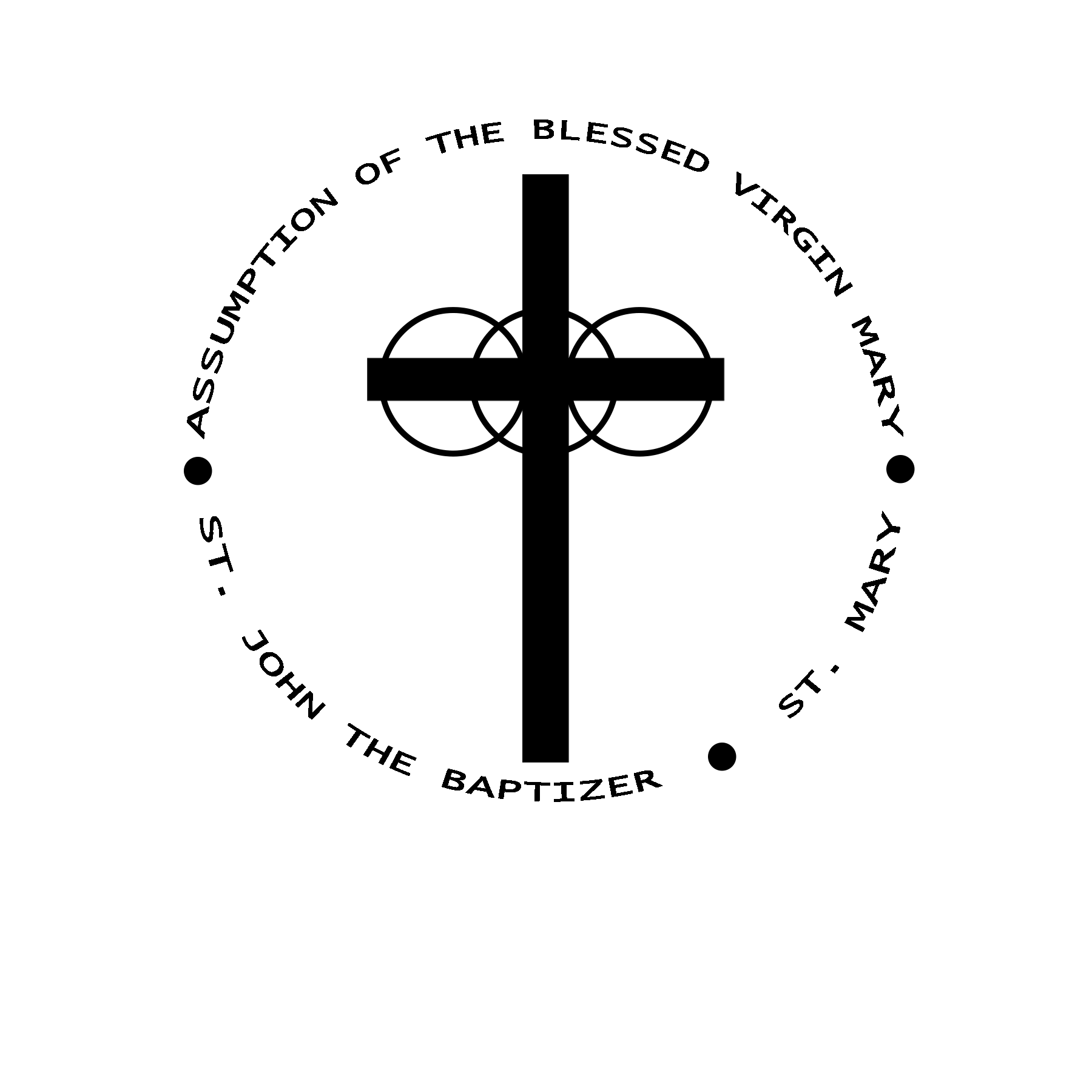RECONCILIATION
Reconciliation
The Sacrament of Reconciliation is a profound gift through which we encounter God's boundless mercy and healing. As we confess our sins, we are reminded of Christ's words: "“Come to me, all you who labor and are burdened, and I will give you rest." (Matthew 11:28). Through this sacrament, we are not only forgiven but also strengthened to walk in God's grace, renewed in spirit. St. Augustine beautifully expressed this healing power when he said, “In failing to confess, Lord, I would only hide You from myself, not myself from You.” Let us approach Reconciliation with humility and trust, knowing that God's mercy is always greater than our sins.
Reconciliation Scedule
Assumption of the Blessed Virgin Mary, Decatur
- Saturday: 4:30 PM
- Sunday: 9:45 AM
St. John the Baptizer, Bridgeport
- Sunday: 7:45 AM
- Saturday: 6:30 PM
St. Mary, Jacksboro
- Sunday: 4:30 PM
